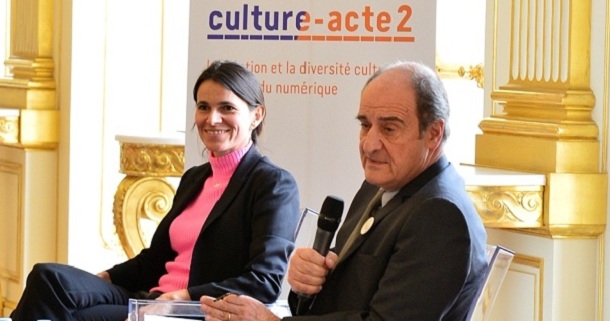Business angels, crowdfunding and startup factories...
At the beginning of the 21st century, innovation has evolved a lot. It is becoming one of the main vectors of competitiveness, no longer of companies, but of nations themselves. Our competitiveness therefore now depends on mastering new innovation processes in the globalized economic fabric.
The financing of innovative start-ups is one of its components. The advent of "participative financing", also known as crowdfunding, puts us face to face with our responsibilities regarding the way we hatch, retain and attract innovative startups. It aims to redirect public savings to the real economy. Supported by Obama, it is destined to be globalized.
Of course, public savings open to the whole world will only be interested in startups located in favourable host countries.
International "participatory financing" platforms are already on our doorstep. They earn their living by taking 10 % of the sums collected. Currently, our (rare) business angels take at most 2.5 % to ensure the functioning of their club. However, if we look closely, we can see that they bring much more than financing. Coming from the business world, they provide their know-how, their networks of relationships and a valuable ability to link the future to the past. These are intangible assets that cannot be learned from books or obtained by injunction. On the other hand, their means are non-existent, their tools and methods are poorly professionalized, and the few rewards they receive make their contributions uncertain.
Nations that rely on their former entrepreneurs to support the new generations achieve better results than we do in France. It is an illusion to believe that without resources or recognition, our business angels will play a strategic role in "productive recovery".
For the time being, in France, participatory financing platforms have limited room for manoeuvre because of the rules governing public offerings.
In addition, our rare "great angels" are becoming more professional. Thus, traditional business angels find themselves caught between the big angels and the crowfunders, actors who give themselves the means to capture the best deals: some with big tickets on a few projects, others with small tickets on a large number of projects.
These three players must be placed in synergy and not in competition with each other.
The publication "Business angels at the Crowdfunding." methodically deconstructing the current situation.

It is clear from this publication that it is necessary to face up to the causes of our inefficiency. The efforts made in terms of innovation are not commensurate with the results: France is losing competitiveness and the renewal of SMEs and TWAs is not assured.
As always, the devil is in the details, suggesting that our modernization is going to be a huge undertaking. Nevertheless, our delay gives us the opportunity to directly integrate the specificities of the 21st century.
Indeed, a completely new approach is before us: that which consists in considering risk-taking related to innovation, not project by project, but theme by theme. In this approach, the three families of private investors can occupy a complementary place (familly office, business angels and crowdfunders).
Business angels in particular are strategic for their knowledge of entrepreneurship. Depending on the results obtained in other countries, their expertise is valuable, provided their work is recognised and rewarded.
We know that the structure of the business fabric of the 21st century will be very different from that of the 20th century. By setting ourselves the goal of making innovative entrepreneurship more reliable, we will certainly end up setting up companies that will be able to take their place directly in the circular economy (cradle to cradle) and the economy of functionalities (shared goods). We will also be able to set up companies of all kinds in terms of the extent of their capitalization: service companies as well as industrial companies.
{Jacuzzi on}












